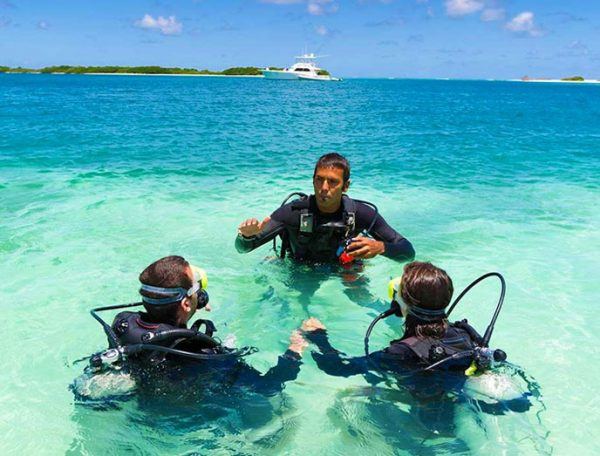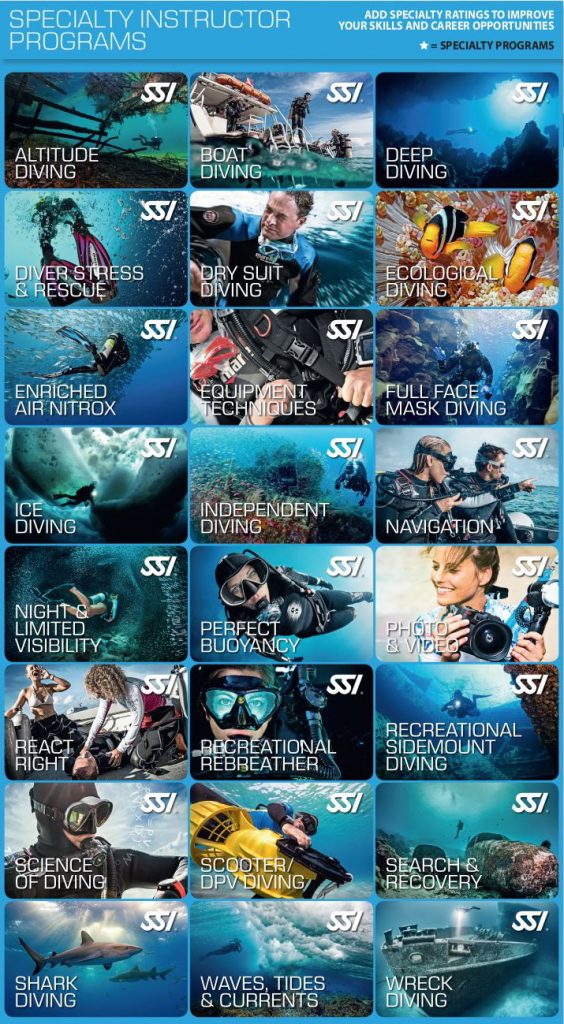
Anyone who has ever had a panic attack while diving knows how frightening it can be. Panic attacks can prove fatal. Hyperventilating and holding your breathe can all lead to panic attacks that can leave you with a high blood pressure, suffocating your air supply, and possibly even causing you to lose your ability to breathe. You'll lose your vision and make poor decisions. Even worse, you could die ten to fifty meters under the sea, breathing compressed air that changes the chemistry of your blood.
Treatment of panic attack scuba diving
Understanding panic attacks while scuba diving is important. Panic can cause injury because the diver cannot think clearly and is unable control their actions. Their sole focus is getting to the surface, and their actions are erratic and dangerous. Panic is a physiological reaction to severe stress. It impairs the ability of a person to control their actions and pay attention in the environment. This can cause dangerous behavior and can even lead to death.
There are many things you can do to prevent panic attacks from escalating. Divers need to be aware of the surrounding and learn to communicate.

Scuba diving panic attacks signs
Keep an eye out for your buddy when you go scuba diving with them. This will help to determine if they are in a relaxed mood. If your buddy is staring blankly and is unable to make eye contact, that may be a sign of early panic. If your diver is having panic attacks, you should ask him/her for help.
An anxious diver should be calmed down, reassured, and encouraged to relax. A panicked diver should not try to escape the diving area. Doing so could cause more anxiety and even worsen the situation. Avoid grabbing onto the diver and triggering an attack. This could cause the diver to lose control of their air supply and become immobile. If you're unable to calm your diver, please keep your distance and make every effort to get him/her out of the water quickly.
There are many reasons panic attacks while scuba diving may occur. For example, a diver may be prone to panic attacks if they are sensitive to caffeine or alcohol. You should also avoid caffeine or alcohol before diving.
Observations to distract yourself from focusing on panic attack scuba diving
Observations can help you to avoid panic attacks. Rapid breathing and an increase of carbon dioxide in the body are two signs that panic attacks cause. Your brain reacts to an increase in carbon dioxide levels by producing stress hormones. This signals your heart and lungs that it is working harder. However, this action can reduce your supply of oxygen. Therefore, if you feel that a panic attack is coming on, you must do something to reduce the effects of the attack.

Once you recognize that a panic attack is approaching, try focusing on familiar physical sensations like water on the skin or the dive watch. Assist at a slower pace and swim shallower if you can. This can help you overcome panic and allow you to continue diving.